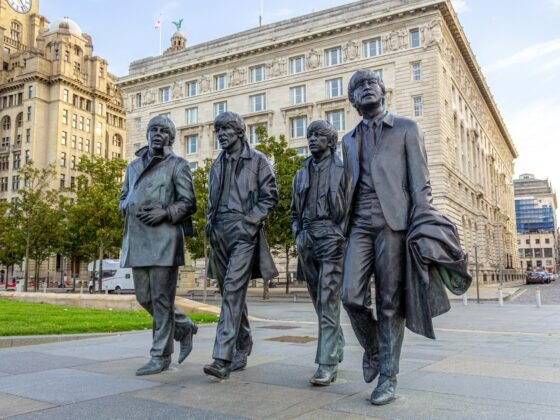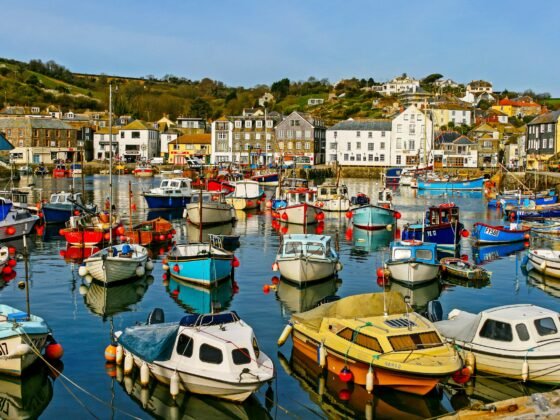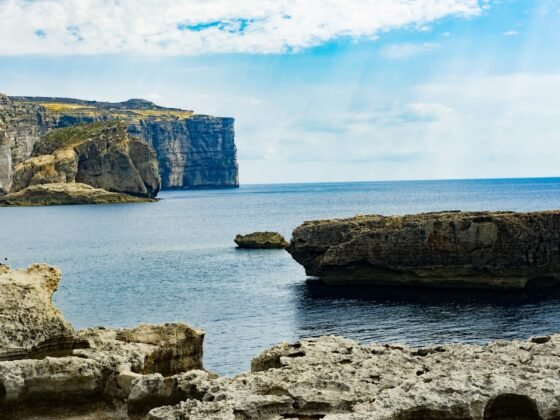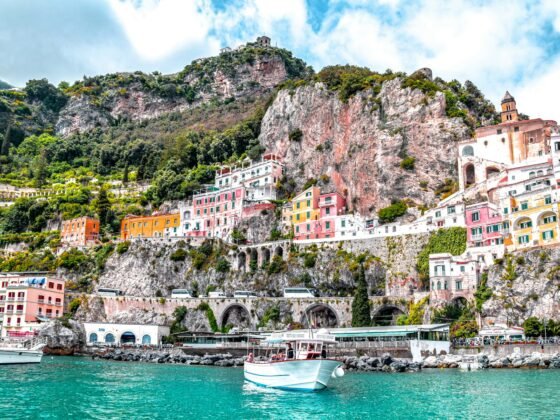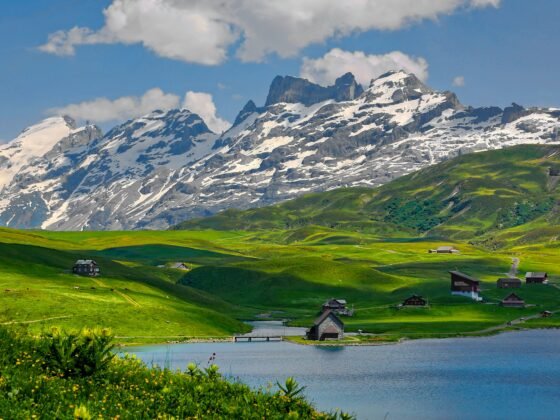If seeing the Dead Sea is not yet included on your to-do bucket list, put it there post haste. The geological marvel is one of the most unique places on the planet and surely worth a visit in this lifetime. In the interest of completed bucket lists and contented travelers worldwide, we are pleased to present a few tips and tricks that ensure merry travels in and around the Dead Sea.
Health benefits of the Dead Sea
No trip to the Dead Sea is complete unless the visitor takes a dip into its healing waters. Some say the ultra high mineral content of the Dead Sea provides amazing healing powers that help people with numerous medical conditions, including arthritis, psoriasis, cellulite, acne, and respiratory issues. The deeper one delves into the Dead Sea, the saltier the water. Solar UV levels seem to be lower in the vicinity of the Dead Sea, notes Mental Floss magazine. The dark mud of the seabed of the Dead Sea is said to have remarkable healing powers. Chock full of magnesium, potassium, calcium, and other minerals, the black mud is slathered onto the body, allowed to harden in the sunshine, then rinsed off with seawater.
Salt isn’t the only thing the Dead Sea produces. Small bits and blobs of natural bituminous asphalt continually spew from the seabed. Skulls from Neolithic digs were found coated with the sticky substance that was also used to make mummies.
Saltiness and healthful minerals
The San Francisco Salt Company describes many minerals found in natural Dead Sea mud. The most prevalent of these minerals is magnesium. Necessary for the healing of skin tissue and for cell metabolism, magnesium is abundant in Dead Sea mud. Nerve-calming bromide is another mineral found in Dead Sea mud. Thyroid- regulating iodine and disinfecting sulfur are also abundant in mud from the floor of the Dead Sea. Potassium nourishes cells and aids in water retention regulation. Calcium, as found in Dead Sea mud, strengthens teeth and bones while bolstering cell membranes. Sodium, also prevalent in Dead Sea mud, relieves muscle cramps and stiffness. The zinc found in natural Dead Sea mud boosts immune system function and regulates enzymatic cell proliferation.
Floating in the Dead Sea is super easy due to the amazingly buoyant properties of salinated water. At eight times the salt content of the Pacific and Atlantic oceans, the Dead Sea is virtually impossible for a person to sink in. You won’t be able to swim in the Dead Sea, but you can float all day and never, ever sink, explains Facts Legend magazine.
Not really a sea at all
Interestingly, the Dead Sea isn’t a sea at all. It’s actually a saltwater lake. The lake gets its name due to the fact that nothing but the occasional bacteria can live in the super salty water. Water flows into the Dead Sea, but none flows out. The salt of the Dead Sea is not delicious like other natural ocean salt. In fact, Dead Sea salt is rather stinky. Egyptians used the smelly black mud of the Dead Sea to create mummies. Cleopatra is said to have loved the Dead Sea so much, she spent vacations basking on the shores of the fragrant lake.
With a water surface that’s situated more than 1,300 feet below sea level, the Dead Sea is actually a rift in the Earth’s crust and was formed countless eons ago. The Dead Sea is at the lowest point on the planet and is saltier than any other body of water on Earth. At 33.7 percent salinity, the Dead Sea is super salty but not the saltiest body of earthly water. Lagoon Garabogazköl in the Caspian Sea boasts 35 percent salinity, Lake Assal in central-western Djibouti boasts 34.8 percent salinity, and Don Juan Pond located in Antarctica’s McMurdo Dry Valleys has 44 percent natural salinity.
Documents you’ll need to travel to the Dead Sea
Visitors to Israel must be in possession of a passport issued at least six months prior to travel dates. When a group makes a trip to the Dead Sea, each person in the travel party must hold a valid passport with their own name. Visitors to Israel may stay for up to three months from the date of entry, as long as they are in accordance with visa conditions.
If you’re pondering a trip to see the Dead Sea, now’s a good time to start making plans. Arrange your itinerary at your leisure, and check things off your bucket list in your own good time.




